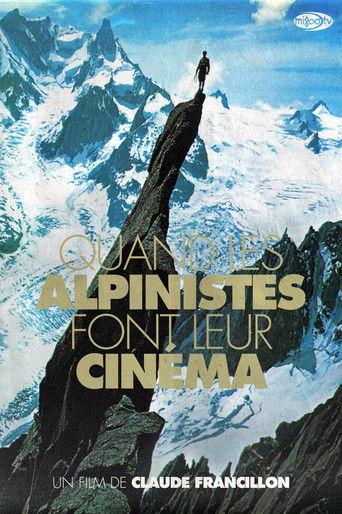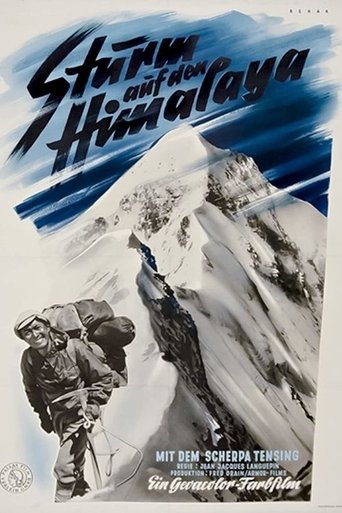Jean-Jacques Languepin
Jean-Jacques Languepin, born in Paris on November 12, 1924 and died on April 7, 1994, is a French director.
Coming from the Louis Lumière school in Paris, Jean-Jacques Languepin trained in directing while filming "Karakorum" (1937) by Marcel Ichac. Following this experience, he will make films far from neocolonial and nationalist themes, such as "Terre de Glace" (1948) and "Groenland: Twenty thousand leagues on the ice" (1952), under the leadership of the explorer Paul-Emile Vittoria. . Through his films, "he tries to be an actor in countries undergoing reconstruction, at the end of the Second World War". His cinema aims to be both curious and benevolent towards the outside world, in the manner of the English director John Noël. His role as a cameraman is noteworthy in the film "A L'Assaut De L'Himalaya", where close-ups and wide shots of mountainous landscapes alternate. The ascent is recounted in his book "Himalaya, Cruel Passion" (1955) which includes a testamentary poem by Roger Duplat, a mountaineer who disappeared during the expedition.
He was a member of the Cannes Film Festival jury in 1964. Jean-Jacques Languepin also held various positions: president of the film research and essays group, director of studies at IDHEC, external relations at La Fémis.
Cunnisciutu per: Directing
Anniversariu: 1924-11-12
Locu di nascita: Paris, Ile-de-France, France
Cunnisciutu ancu cum'è:

 11tv.pw
11tv.pw

